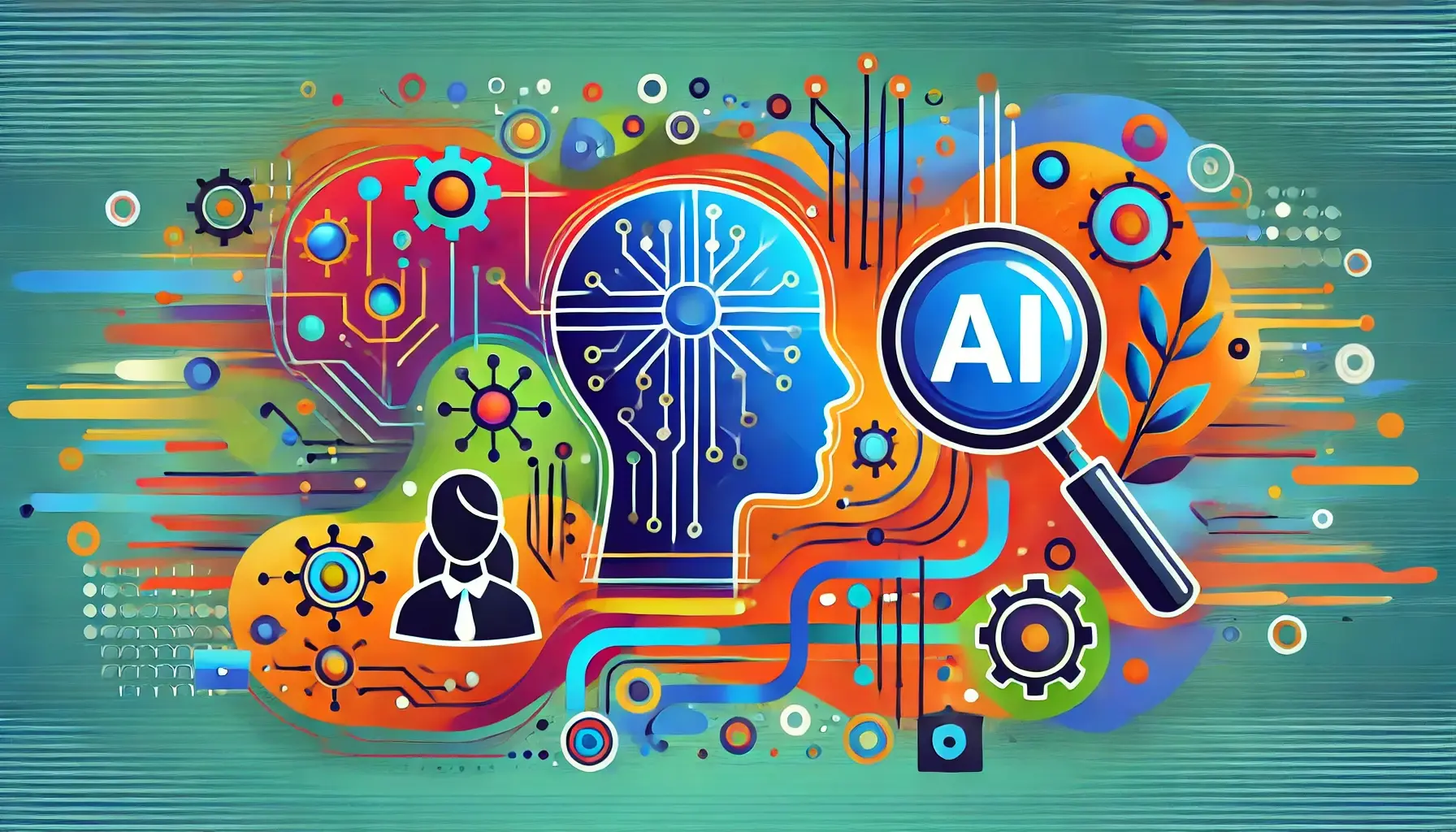Did you know AI and machine learning play a key role when it comes to streamlining human capital management?
With recruitment being one of the challenging tasks for businesses, leveraging the power of emerging technologies seems to be the right way to move forward.
Hiring the right person, with the right expertise, at the right time, is vital for business growth and success. Conversely, hiring wrong talent can greatly hamper business and punch a deep hole in the pocket.
According to a recent study, the cost to discover and get a new employee on board is estimated to be a quarter of a million dollars.
Just imagine if this person turns out to be unfit for the job—the resulting monetary loss is going be massive!
With almost 66% of millennials planning to quit their organisations by 2020, it is time we welcome innovation to address attritions and employee turnover.
Enter, AI and machine learning solutions.
There is a lot a data on candidates and employees available with recruitment companies and organizations. By using machine learning algorithms, the efficiency, accuracy, and effectiveness of the recruitment processes can be improved.
Let’s a look at three AI-powered breakthroughs the HRTech industry is witnessing.
Ways in which AI is changing the face of recruitment
Chatbots
Chatbots or AI-driven human conversational interfaces are quite popular in varied industries. Its present application in the field of customer service and support has paved way for its utility in recruitment processes when it comes to initial screening and scheduling. By leveraging natural language processing (NLP) techniques, chatbots can create a positive influence on candidates.
For instance, chatbots like Talview’s Talent Assistant and Mya are saving hiring managers’ time by streamlining application processes, automating manual tasks, and ensuring a quick turnaround time for candidates’ queries.
Predictive Analytics
The use of predictive analytics in recruitment can save up to 23 hours of manual work per week. By extracting valuable insights from the volumes of candidate data available, predictive analytics can recognize educational qualifications, work experience, domain knowledge, and other parameters that suggest a match with the criteria required to fill a specific position.
Bringing in correlations between job performance and assessment performance can help recruiters fine-tune the hiring process to screen right kind of talent for any job role. Predictive hiring analytics can help teams make data-backed hiring decisions faster.
AI-Powered Video Interviews
Behavioral analysis is key here.

The use of AI in video interviewing is picking up pace, thanks to its ability to predict a candidate’s future behavior. By studying and analyzing a candidate’s responses to questions, involuntary body movements, and time taken to answer a question—AI helps interviewers better understand the candidate by drawing attention towards particular personality traits that may not have been apparent to the interviewer.
Behavioral profiling tools like Talview’s Behavioral Insights helps recruiters and hiring managers make hiring decisions not just based on an applicant’s expertise, but also on their ability to fit into your organization.
Now, all these use cases prove one thing—AI, indeed, serves as a catalyst in making recruitment smarter, efficient, and relevant.
Recruiters receive all the essential data points and insights required to make an informed hiring decision, while candidates enjoy a positive and engaging experience and interaction. It’s a complete win-win situation.
No wonder, 96% of recruiters feel that artificial intelligence can contribute extensively in talent acquisition and retention.
All you need to do is identify the choke points in your recruitment process and align them with the capabilities of AI and machine learning to attract top talent and build meaningful relationships.







Leave a Reply